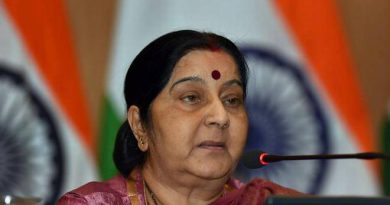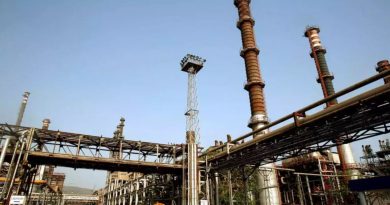Iran at risk of fifth COVID-19 wave as Delta variant spreads – Rouhani
Dubai (Reuters) – Iran may face a fifth wave of COVID-19 infections as the highly contagious Delta variant of the coronavirus spreads through the Middle East’s worst-hit country, President Hassan Rouhani warned on Saturday.
“There are concerns that the whole country may enter a fifth wave if enough care is not taken in following health protocols. Today, reports are that just 69% of the people are observing the precautions,” Rouhani said in remarks broadcast on state TV.
“The Delta variant entered the country from the south and southeast, and we should have been careful to prevent its spread in the country. All health regulations… must be fully observed, otherwise we will have a problem,” Rouhani said.
Iran, with a population of 83 million, has recorded 84,627 deaths from coronavirus, the highest toll in the Middle East.
Health authorities have declared the capital Tehran and 91 other cities and towns as high-risk “red” zones, 30 more than a week ago. They are ordering internal travel restrictions, the closure of non-essential businesses and limiting work attendance to 30 percent of employees in the capital.
The government has blamed a slow vaccination drive on U.S. sanctions hampering efforts to buy foreign vaccines and on delays in deliveries. Rouhani said Iran has received a small portion of the 16.8 million vaccines it has ordered from the COVAX global vaccine-sharing program.
A spokesman for the coronavirus taskforce told state TV that 7 million doses of vaccines have been distributed, with 2 million people receiving both doses and 4 million just one.
Iran has licensed for public use two locally produced vaccines, including one together with Cuba, and is working on five more homegrown vaccines. Tehran is also cooperating with Russia on producing the Sputnik V jab.
Food, medicine and other humanitarian supplies are exempt from U.S. sanctions reimposed on Tehran in 2018 after President Donald Trump walked away from a 2015 international deal over Iran’s nuclear program.
But the U.S. measures, which target sectors including oil and financial activities, have deterred some foreign banks from processing financial transactions with Iran. Tehran says this has frequently disrupted efforts to import essential medicines and other humanitarian items.



